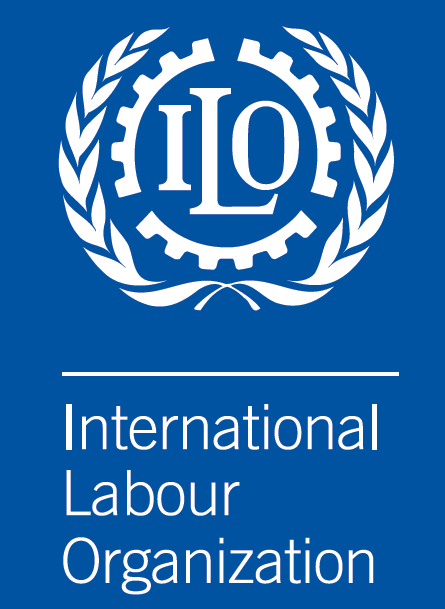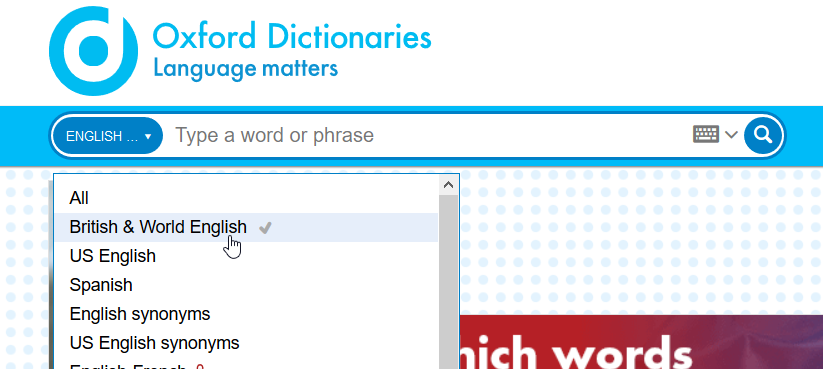Growing up in Ireland, I was taught to write British English. Thus my colours have a ‘u’, my omelettes come with a ‘te’, and the ‘r’ comes before the ‘e’ in my litres. I also, at least until quite recently, realised, organised and finalised things, believing that only in American English are those words spelled with a ‘z’. I was wrong.
The Oxford English Dictionary tells us that in “British & World English” (as opposed to American English), both the ‘-ize’ and ‘-ise’ forms are correct for words like realize, organize and finalize. The use of the ‘-ize’ ending in the OED predates the ‘-ise’ variant by more than a century. (It should be noted that there are some words – televise, excise, advertise – that always use ‘-ise’, even in American English.)
So if both organise and organize are correct, which should you use. Well, it doesn’t matter as long as you are consistent. To quote the experts in Oxford:
In British English, it doesn’t matter which spelling convention is chosen: neither is right or wrong, and neither is ‘more right’ than the other. The important thing is that, whichever form you choose, you should use it consistently within a piece of writing.
A quick straw poll of friends working at international organizations in Geneva suggests that British English is the norm, including for UN agencies. One exception to this is WIPO, where, I am reliably informed, the house style calls for American English with Webster as the reference point. At WHO, the style guide specifies British English but makes clear that the ‘-ize’ ending should be used where the OED lists both.

These days I’m a bit schizophrenic in my writing. While I strive to be consistent in a professional context, using British English and usually preferring the ‘-ize’ ending, it still doesn’t come naturally to me. When writing to friends or family I still tend to use the ‘-ise’ forms, but I’m gradually making the switch.
(Incidentally, we can largely blame Teddy Roosevelt and the Simplified Spelling Board for the American variants that make life complicated for editors working in an international context. I feel a certain amount of rancour towards them. Or should that be rancor?)
Top Tip
Bookmark the Oxford Dictionaries site and make sure you have “British & World English” selected as your default dictionary. It’s always worth checking a word when in doubt.

